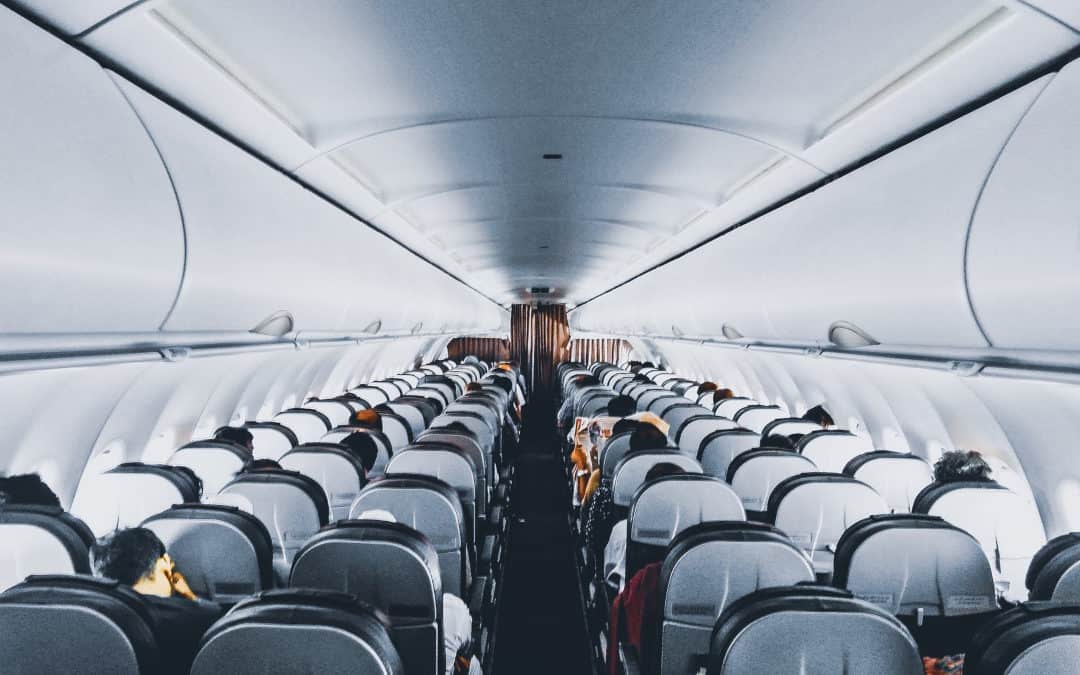AfriForum continues with steps to ensure smoother repatriation processes
The civil rights organisation AfriForum will continue with steps, including legal action, to ensure that South Africans who are currently stranded abroad or are in quarantine facilities after returning from abroad to South Africa will not be exposed to such stressful circumstances.
According to Alana Bailey, AfriForum’s Head of Cultural Affairs, she and Sue-Ann de Wet, AfriForum’s Manager of South African Diaspora, have been contacted by literally hundreds of South Africans abroad, waiting to return to South Africa since March this year. When borders started closing internationally due to COVID-19 lockdowns in many countries, some became stranded while on holiday or visiting family. Others had been sent abroad by employers, others worked or studied overseas and their contracts or courses had finished or been terminated due to COVID-19 restrictions. Although most of those who had to fly back already had tickets for a return flight to South Africa, the airlines cancelled their flights. The relevant authorities of the countries where they were stranded and of countries through which they would now have to travel in some cases, the South African Department of International Relations and Cooperation (DIRCO) and the airlines concerned henceforth first had to agree on dates, times and on how to manage the groups before repatriation flights could be finalised. This challenge remains unchanged.
“When one of the group of stakeholders suddenly changes its mind, flights are cancelled or rescheduled at short notice, causing great distress for the stranded and their loved ones back home. AfriForum is therefore constantly exchanging information between stranded South Africans, authorities and loved ones, while reminding those involved that they should keep in touch with DIRCO. Regular contact with them from DIRCO’s side is even more essential and AfriForum is also appealing for more regular and comprehensive communication from the official side.”
People who are in neighbouring countries and want to return to South Africa are also assisted. “In the course of the past two weeks, more groups have returned or travelled back to South Africa themselves,” adds De Wet. “The process, which was full of hiccups in March and April, is now progressing slightly more smoothly, but not fluently yet, and therefore we appeal to the public to remain calm and not to panic when rescheduling becomes necessary. In some cases counselling had been required where stranded South Africans had become so distressed that they posed a danger to themselves. We ask family and friends at home to keep in touch with them and comfort them. When one is waiting to get home, uncertainty eats away at your courage and time goes by at a snail’s pace. One may easily feel as if everyone has forgotten about you, but we can reassure them that many people, including the team at AfriForum, are working hard to get them home.”
As far as quarantine is concerned, AfriForum’s legal action continues in an effort to ensure that people who want to return and self-isolate, will be allowed to do so. AfriForum has a multitude of stories of people who have been or are still being quarantined. For some it is an ordeal, for others an adventure. Some people have serious complaints about violations of their rights at state quarantine facilities, while others applaud the way they have been treated there.
Bailey says while there has still not been a legal ruling on the mandatory 14 day quarantine in a state facility for people crossing borders, repatriating South Africans should prepare for it. “It is true that most people do not even have to stay there for the full 14 days. The period currently depends on the discretion of the authorities concerned. Once again, continuous and reliable communication with the public is of the utmost importance to help them prepare for what they will be required to do ‒ AfriForum demands that the state’s processes in this regard be improved. Where people believe that their rights are being violated in the facilities, they should bring this to the attention of AfriForum immediately. Any special requirements or circumstances, for example people who need prescribed medication or have special dietary requirements, should be brought to DIRCO’s attention well before repatriation takes place and should be followed up constantly.”
AfriForum is also still in contact with many South Africans who are waiting locally to return to work, studies or family members abroad. “We are grateful that the authorities have finally officially announced on Friday that they will be assisted with their departure and hope that they will indeed soon be back at their respective homes.”
Anyone with questions or complaints regarding any aspect of the repatriation process, quarantine, or process to return abroad, is welcome to send it to afriforum@afriforum.co.za.




















